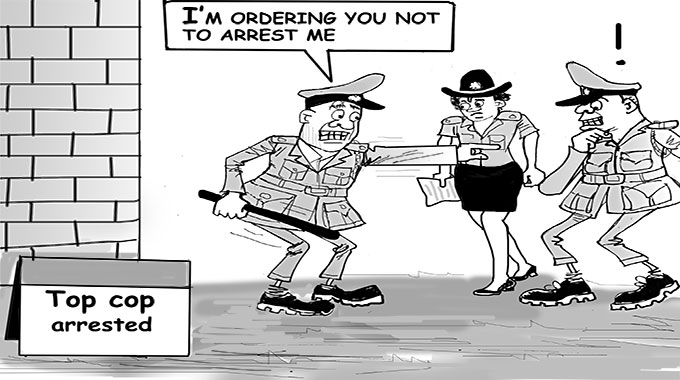The female equation: Are women better for business?

Lenox Lizwi Mhlanga
The power and influence of women in business and society has been understated for generations. From their attempts at breaking the glass ceiling to using their purchasing power, women have found the going very tough in business.
On what was truly a remarkable morning, Full Circle Communications, a collective of companies in the integrated marketing communications space hosted the second Brand Matters Session in the capital.
Going under the theme: The female equation: Are women better for business, women representing all sectors of business gathered to explore, among many issues, whether organisations had strategies for how to communicate with women.
Chairman, Dr Alex Arufu, in his opening remarks said: “What do women need from your brand and how best can you address those needs? It is critical to remember that a brand must also be managing its reputation and to begin to consider what role female employees and customers play in this.”
Full Circle Communications comprises TBWA, Magna Carta Reputation Management and HDI consultancies that provide marketing, advertising and public relations services.
Do brands see women as independent consumers and how do they engage and communicate with this important demographic?
“Looking at the statistics, women are an increasingly attractive and highly profitable audience to target, yet many businesses are yet to take advantage of the opportunity this presents,” said Refilwe Maluleke of Yellowwood from South Africa, the key-note speaker at the event.
She unpacked for the audience, a white paper prepared by Yellowwood that sought to focus on women, their influence in the business context and how they are perceived as a target audience.
She quoted Chimamanda Ngozi Adichie, Nigerian author and speaker who once said the problem with gender is that it prescribes how we should be, rather than recognising how we are.
Refilwe said while the median income of women over the past three decades has increased by 63 percent, this has changed the dynamics of their activities as consumers, while also altering their shopping patterns and product choices.
“Brands that got away with marketing strategies built on the old societal constructs and stereotypes are going to have to respond differently if they expect to remain relevant. Neither the customer nor broader society will find them meaningful if they remain mired in the past,” she said.
Traditionally, she said, society has handed power to men and granted women the supporting role. These norms have contributed to the barriers and hurdles that affect women in business and to the stereotypes that remain prevalent in certain industries, particularly in the communication and advertising industries.
Refilwe was quick to caution that the conversation was not about the disempowerment of men.
“It’s about a bigger pie for all of us. Men also have a key role to play in social change, for instance, when you think about parenting.”
There was a panel discussion that had prominent women in leadership positions sharing their experiences.
Aisha Nyamweda, a legal executive and company secretary, said the starting point would be to increase the number of women in your business.
“If you want to make sure you are speaking to women, do you have women’s voices at your table? It’s the same principle as advertising to more youth or any other specific group,” she said.
Ms Nyamweda implored women to be confident and always speak up, even when people think it makes one aggressive.
“Women should be proud and not hide one’s professional qualifications just because there are men in the room. Be bold, take ownership of your achievements and accomplishments.”
Shingai Rhuhwaya-Koti who boasts over eighteen years’ experience in diverse advocacy and communications roles in Europe and Southern Africa, said for men, success and likeability are directly related, yet for women they are inversely related.
“Most successful women are not ‘liked’. There is a huge ‘Pull-her-down syndrome among women. Let us be kind to each other, respect each other and be more supportive of each other.”
Dr Dhalia Garwe from Tobacco Research Board said when she started out, the only way she got to be heard was when she was introduced as Dr Garwe.
“Companies should realise that having the female touch in management is important. I personally had to further my education so that when I spoke in front of people, I would be heard and not placed under the Mrs so and so stereotype.”
Davidzo Chitengu, who is also a chartered Global Management Accountant and sits on various company boards, said she was lucky to have been nurtured to succeed when growing up.
“I became a director at 28 and have continued to work hard in the mining sector. I do try to consciously think about the women in my space,” she said.
Concluding the event and taking a cue from one of the panellists, Sapi Bachi, who heads Full Circle Communications, the hosts of the event, implored companies to have women as part of their strategic priority rather than conversations around social responsibility.
“Women are not CSR, women make business sense. Don’t ignore them,” Sapi said.
In conclusion, Refilwe said the right messages must be communicated and the fears shared by both genders must be addressed through open dialogue going forward. It is only through communication and transparency that trust can be built and old stereotypes and outdated beliefs discarded in favour of a more inclusive and empowered business ecosystem.








Comments